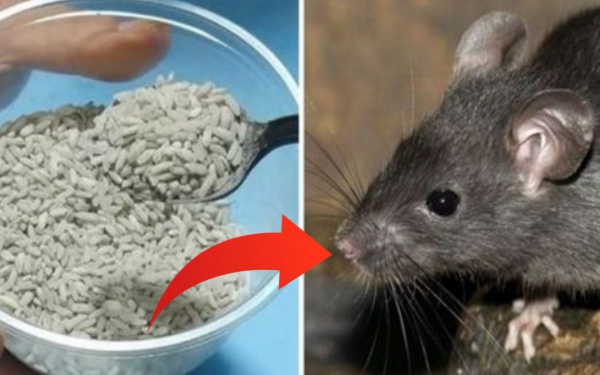3 ways avocados help with cholesterol management
Avocados have become a valuable addition to diets for managing high cholesterol, offering monounsaturated fats, fiber, and ability to lower triglyceride levels.
Healthshots explains that cholesterol, a waxy, fat-like substance, is crucial for building cells and producing hormones. However, too much can cause serious health problems.
Cholesterol’s divided into "good" HDL cholesterol, which removes excess cholesterol from the blood, and "bad" LDL cholesterol, which can build up in arteries and increase the risk of heart disease and other cardiovascular issues.
For those with high cholesterol, often indicated by LDL levels above 190 milligrams per deciliter, adding avocados to their diet can be especially beneficial. Here are three ways avocados can assist in cholesterol management:
1. Providing monounsaturated fats

Avocados are rich in monounsaturated fatty acids (MUFAs), which can enhance heart health by lowering harmful LDL cholesterol levels while maintaining or increasing beneficial HDL cholesterol.
According to the Harvard T.H. Chan School of Public Health, a whole medium avocado contains 22 grams of fat (15 grams monounsaturated, 4 grams polyunsaturated, 3 grams saturated), while having low sodium levels and containing no cholesterol.
Monounsaturated fats are similarly found in olive oil, nuts, and oily fish, unlike the saturated fats in dairy and meat, which can elevate cholesterol levels.
2. Giving high fiber content
Avocados are also an excellent source of dietary fiber, with a medium avocado providing about 10 grams. Studies, including those published by the American Heart Association, show that fiber can enhance HDL cholesterol levels and the overall quality of LDL cholesterol.
Thus, regular avocado consumption can significantly lower the risk of heart disease and coronary heart conditions.
3. Reducing triglyceride levels
Triglycerides, another blood fat type, can increase heart disease risk when elevated, especially when paired with high LDL or low HDL levels. Research, such as a 2015 meta-analysis in the Journal of Clinical Lipidology, indicates that replacing animal fats with avocados can lower LDL cholesterol and triglycerides, significantly improving heart health.
While avocados are helpful for cholesterol management, they should be part of a broader dietary strategy that includes reducing saturated and trans fat intake, regular physical activity, avoiding smoking, and managing stress. Nutrition experts recommend substituting animal fats with avocados as part of a balanced diet to maximize health benefits.




















